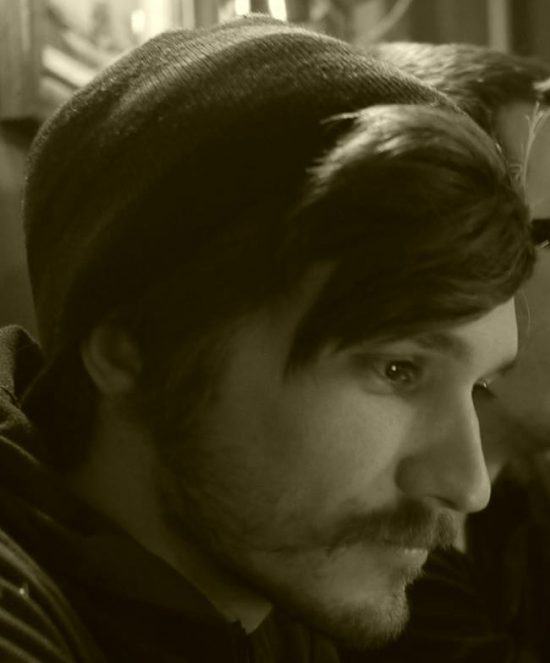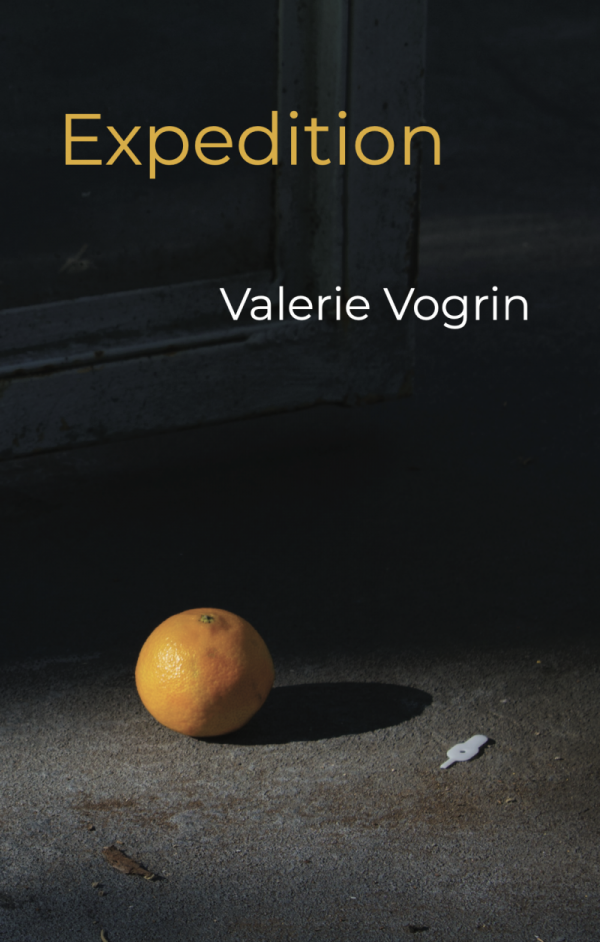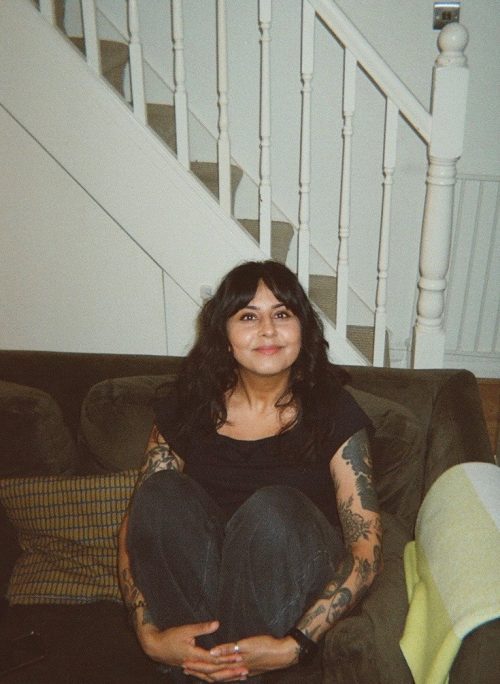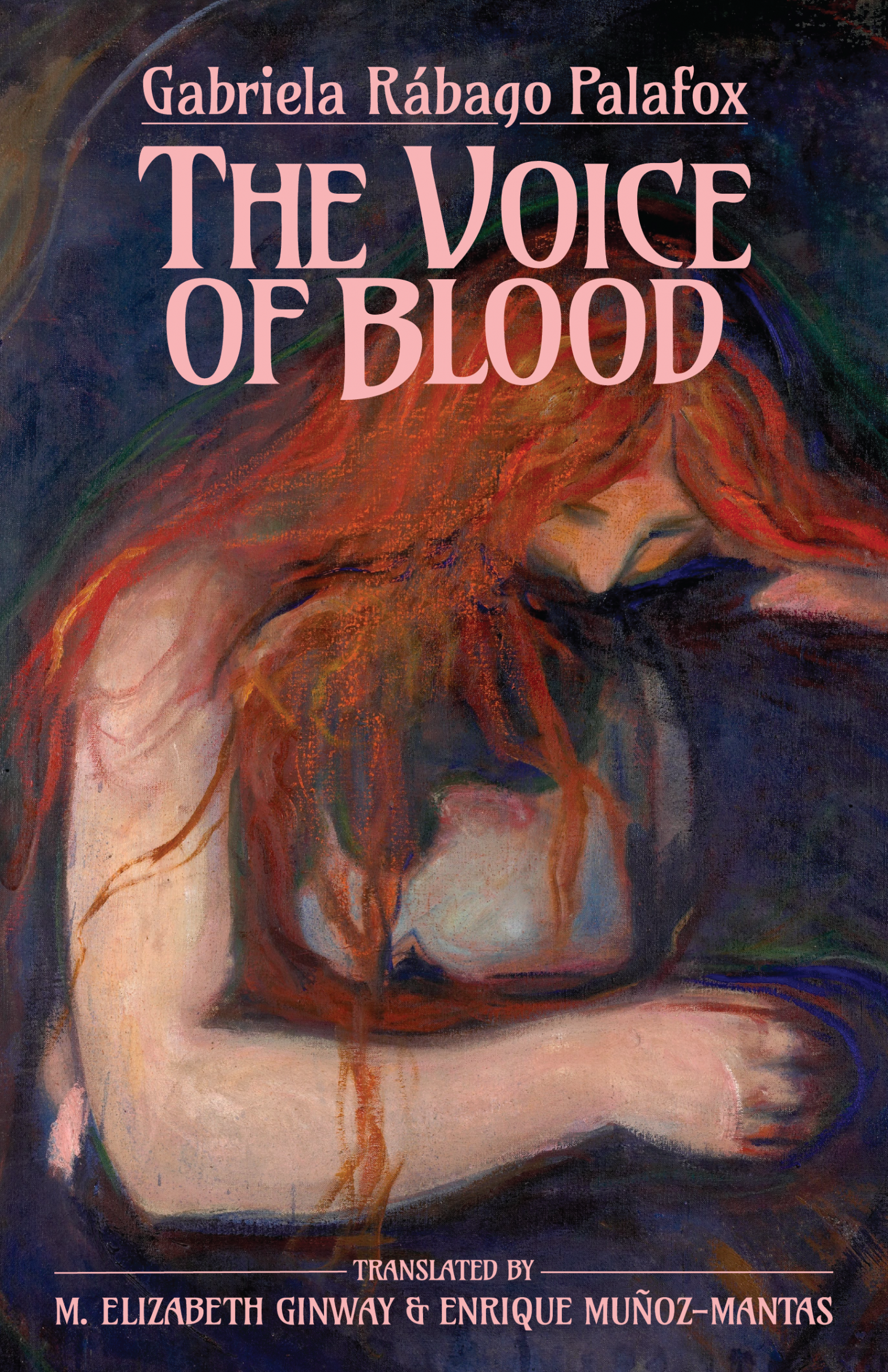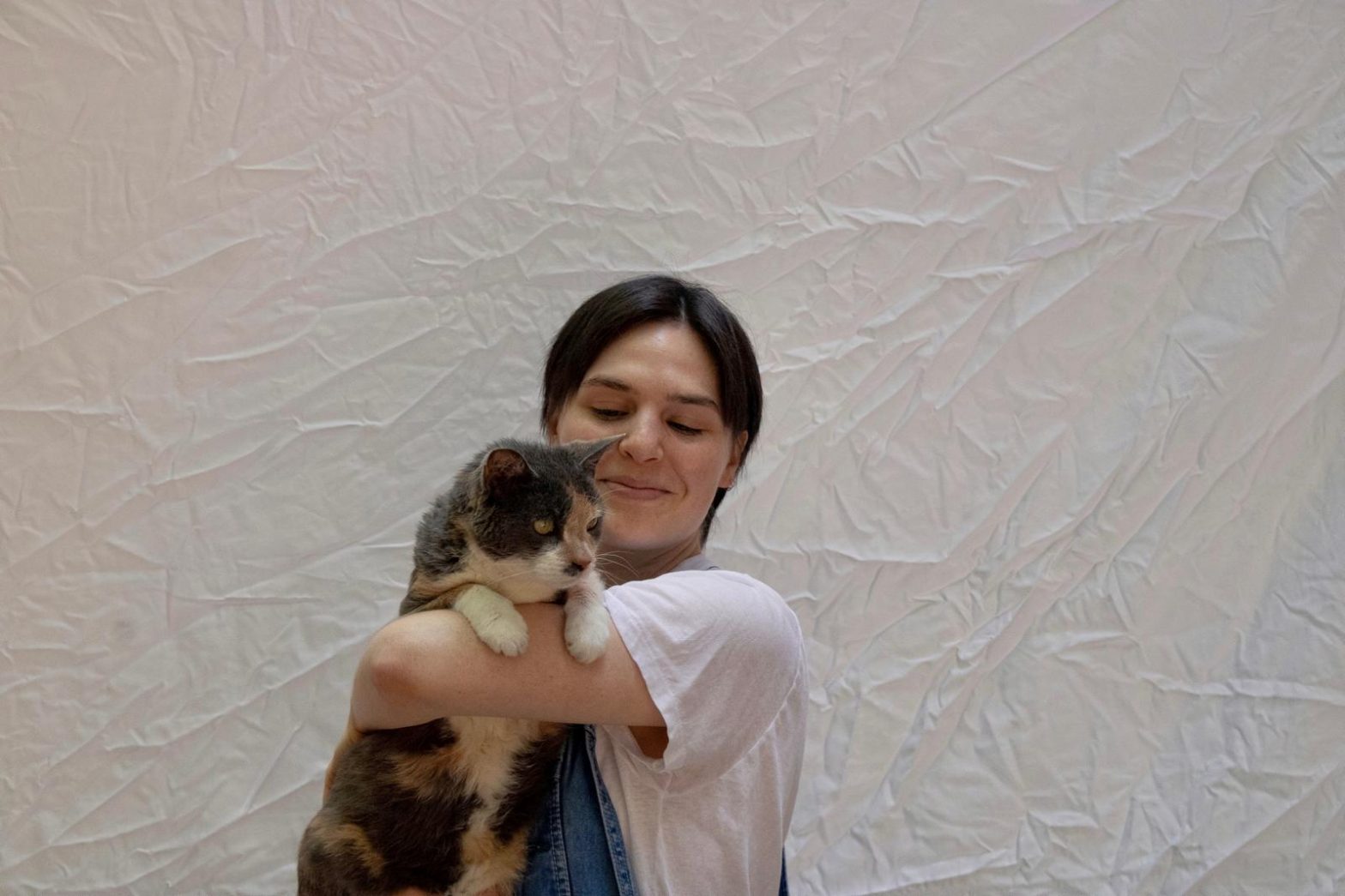UTampa Press is delighted to announce the acquisition of RAÑA, the next novella in our Pomme series, by Caleb True.
Blog
Acquisition Announcement: The Resurrection of the Body by Kirk Schlueter
We’re excited to share our latest acquisition: The Resurrection of the Body, winner of the 2025 Richard Mathews Prize for Poetry, by Kirk Schlueter.
An Interview with Valerie Vogrin
In this interview, Vogrin offers insight into her creative decisions and identifies thematic connections between her past and present fiction.
Rivers of Blood: Racial Capitalism and the Emergence of the British Asian Vampire
Studies in the Fantastic, in partnership with the Horror Studies Research Group at Northumbria University, is proud to present the second in a series of blog posts highlighting new and exciting research in horror studies. Ami Nisa received Honorable Mention for the Peter Hutchings Award for Outstanding Contribution to Horror Studies, which recognizes the best new work presented at the Horror Studies Now annual research conference. Her essay explores the figure of the vampire in contemporary British Asian culture and politics.
An Interview with the Translators of The Voice of Blood
In this interview with the translators of The Voice of Blood (1990), the University of Tampa Press asked M. Elizabeth (Libby) Ginway and Enrique Muñoz-Mantas to talk about the importance of this collection of vampire stories by Mexican author Gabriela Rábago Palafox and the process of translating the work of this award-winning author.
An Interview with Poet Flower Conroy
Get a glimpse into Flower Conroy’s new collection, “Zoodikers: A Bestiary,” winner of our 2024 Richard Mathews Prize for Poetry.
The Anthropocene Unconscious of Jerry London’s Killdozer (1974)
Studies in the Fantastic, in partnership with the Horror Studies Research Group at Northumbria University, is proud to present the first in a series of blog posts highlighting new and exciting research in horror studies. Sophie Dungan, the first of our featured authors, is runner-up for the Peter Hutchings Award for Outstanding Contribution to Horror Studies, which recognizes the best new work presented at the Horror Studies Now annual research conference. Her project, “The Anthropocene Unconscious of Jerry London’s Killdozer (1974),” brings a crucial environmental perspective to the monster flick.
An Interview with Poet Richard Chess
Richard Chess discusses how he started writing poetry, what inspires him, and why you should follow your imagination.
Acquisition Announcement: The Catastrophic Nature of Time by Luigi Russi
We are excited to announce our latest acquisition and the inaugural work in our series Pith: Luigi Russi’s The Catastrophic Nature of Time.
Acquisition Announcement: The Voice of Blood, English Translation
We are thrilled to announce our latest acquisition: the first English translation of La voz de la sangre [The Voice of Blood] by Gabriela Rábago Palafox, translated by M. Elizabeth Ginway and Enrique Muñoz-Mantas.
